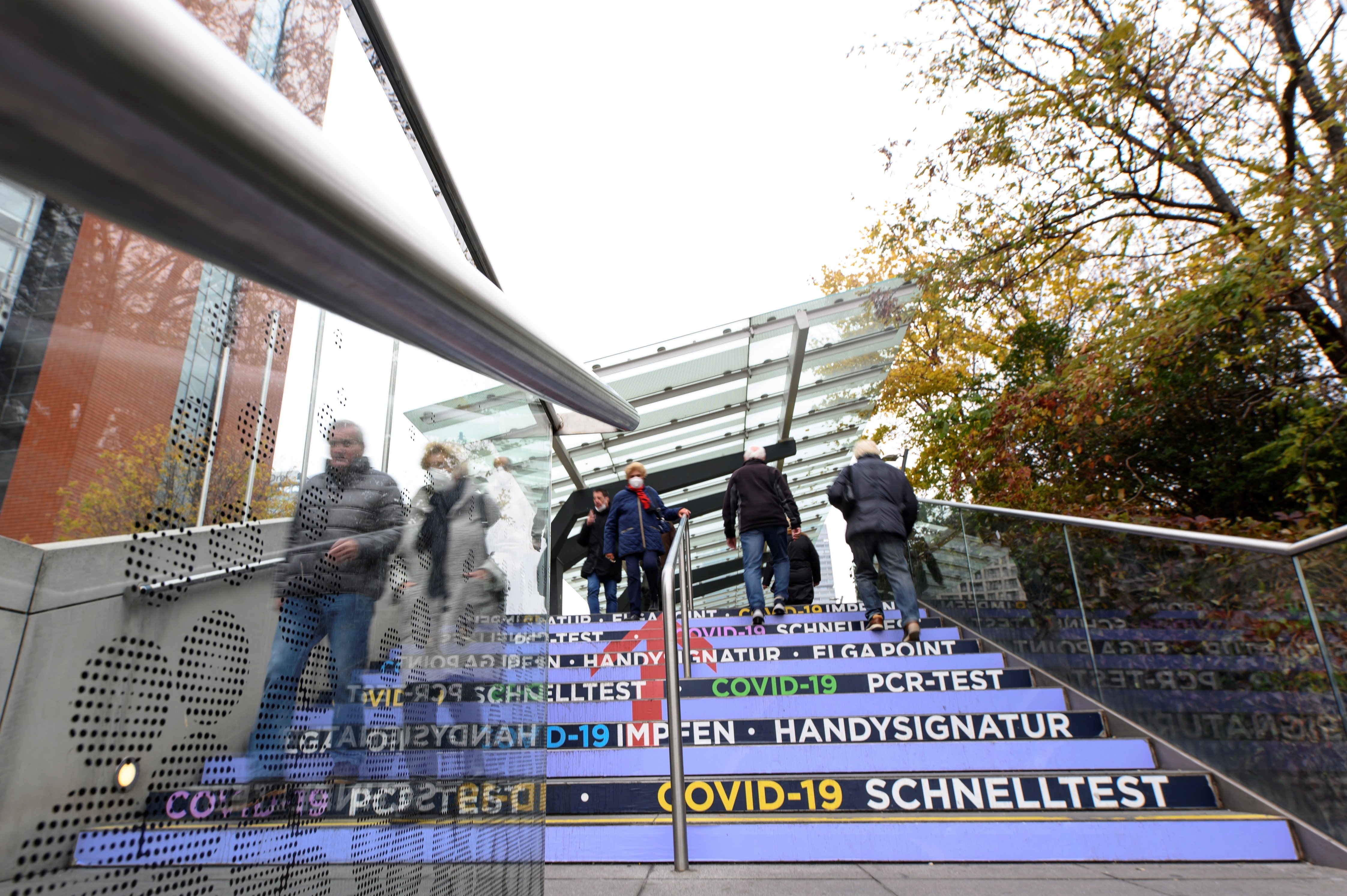The police in Austria have begun carrying out random checks on citizens to ensure that unvaccinated people do not leave their homes. The country is trying to beat one of the fastest rising rates of Covid contagion in Europe - although despite the radical nature of the measures, some of its neighbours have even higher incidence.
The restrictions went into effect across Austria on Monday morning and affect about two million people aged 12 and over who have so far opted not to get vaccinated. Some 356,000, according to The Guardian, have had a first dose and are allowed to go out their front doors if they have a negative PCR result. Those who do not comply with the rules, however, face fines of between 500 and 3,600 euros.
In this context, what are the unvaccinated legally allowed to do? Some activities are permitted, such as going to work for those who can produce a negative PCR test, essential shopping, exercising outdoors, meeting your partner or other specific people, or "meeting basic religious needs".
Will the measures be maintained for long?
The measures have been announced as lasting for 10 days, although unofficially the Austrian government is looking at modifying or extending them. The week before these measures came into force, nearly 130,000 people turned up to have their first jab, the highest weekly number recorded since the second week of July, as the British newspaper notes. But not everyone supports the measures. The far-right Freedom Party has already said it will consider taking legal action against the measures and has warned that it will try to stage a protest this Saturday.
Over the past week, Austria has recorded 840 cases per 100,000 people, the highest infection rate in Western Europe and the highest in the country since the start of the pandemic. On Monday alone, 11,889 new cases and 40 deaths were reported.
The country's vaccination rate is not the lowest in the European Union - these rankings are led by Bulgaria (23.5%) and Romania (35.5%) - but in Western Europe, the population with the fewest jabs per capita is indeed that of Austria, with 63.5% of the population fully vaccinated with the complete guideline.
This data, according to the portal Our World in Data, leaves the country well behind the countries with the highest percentages of vaccination in the EU: Portugal (87.6%), Spain (80.1%), Denmark (76.1 %) and Belgium (74%).
United Kingdom and Germany
The UK and Germany, which also have high Covid infection rates, are taking contrasting approaches in response. UK has no plans to introduce restrictions on social activities or mobility, but Germany is studying the introduction of some measures to try to curb infections.
Main image: People walk to a vaccination centre on the first day of lockdown for those unvaccinated in Vienna, Austria. The Austrian government has imposed lockdown for those who have not had their Covid jabs to curb the rising infections. / Efe

